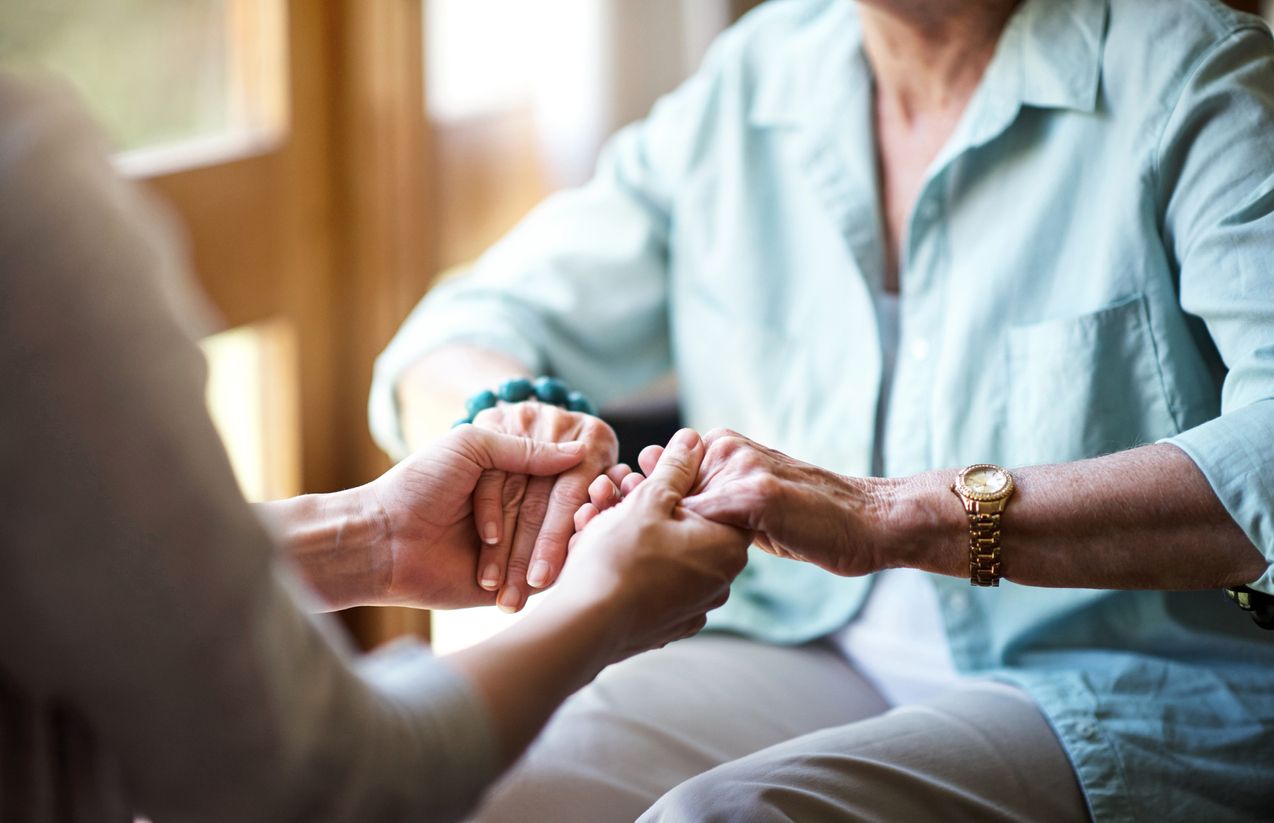Keeping seniors safe in the summer heat
 Leawood, Kansas – Summer heat is a very real danger to the elderly. Normally, our body controls and regulates higher temperature by allowing heat loss through the skin and by evaporation. But as we age, we lose our ability to control our body’s temperature and to sense temperature extremes.
Leawood, Kansas – Summer heat is a very real danger to the elderly. Normally, our body controls and regulates higher temperature by allowing heat loss through the skin and by evaporation. But as we age, we lose our ability to control our body’s temperature and to sense temperature extremes.
Seniors are even more susceptible to heat related disorders and react to sudden changes in temperature by loosing the ability to cool down. Those with heart, kidney or lung disease,obesity,and diabetes are at even greater risk. They are more likely to take prescription medicines that impair the body’s ability to regulate its temperature or that inhibit perspiration.
The following is a list of serious heat-related disorders and tips on how to keep our seniors safe in higher temperatures.
Heat Stroke
Heat stroke is the most serious heat-related illness. It occurs when the body becomes unable to control its temperature: the body’s temperature rises rapidly, the body loses its ability to sweat, and it is unable to cool down. Body temperatures rise to 106°F or higher within 10 to 15 minutes. Heat stroke can cause death or permanent disability if emergency treatment is not provided.
Warning signs may include:
• An extremely high body temperature (above 103°F)
• Red, hot, and dry skin (no sweating)
• Rapid, strong pulse
• Throbbing headache
• Dizziness
• Nausea
Heat Exhaustion
Heat exhaustion is a milder form of heat-related illness that can develop after several days of exposure to high temperatures and inadequate or unbalanced replacement of fluids.
Signs and symptoms may include:
• Heavy sweating
• Paleness
• Muscle Cramps
• Tiredness
• Weakness
• Dizziness
• Headache
• Nausea or vomiting
• Fainting
• Skin: may be cool and moist
• Pulse rate: fast and weak
• Breathing: fast and shallow
What you can do for someone with heat stress
If you see any signs of severe heat stress, you may be dealing with a life-threatening emergency. Have someone call for immediate medical assistance while you begin cooling the affected person. Do the following:
• Get the person to a shady area.
• Cool the person rapidly, using whatever methods you can. For example, immerse the person in a tub of cool water; place the person in a cool shower; spray the person with cool water from a garden hose; sponge the person with cool water; or if the humidity is low, wrap the person in a cool, wet sheet and fan him or her vigorously.
• Monitor body temperature and continue cooling efforts until the body temperature drops to 101°–102°F
• If emergency medical personnel are delayed, call the hospital emergency room for further instructions.
How to protect seniors against the heat :
•Visit older adults at risk at least twice a day and watch them for signs of heat exhaustion or heat stroke. Tell them to avoid caffeinated and alcoholic beverages.
• Encourage them to increase their fluid intake by drinking cool, nonalcoholic beverages regardless of their activity level.Warning: If their doctor generally limits the amount of fluid they drink or they are on water pills, they will need to ask their doctor how much they should drink while the weather is hot.
• Take them to air-conditioned locations if they don’t have transportation.
• Let them know that wearing loose fitting clothes in natural fabrics like cotton and light colors will reflect the sun. Darker colors will tend to attract heat.
• Encourage seniors to wear hats, sunscreen of 30 SPF and sunglasses.
• Advise them of the dangers of going out when the temperature is extreme and to limit outdoor activity to early morning.
If you work with the elderly, please note:
Many seniors will not turn on their air conditioning as they often do not realize that the heat is extreme.
Many elderly rarely drink the normal 8 glasses daily. Get them to increase fluid intake with lots of encouragement.
If your senior is living on a limited income they are not likely to use the air conditioner.
Many elderly without air conditioning may be very reluctant to open windows due to safety concerns.
When you check on them, do not rely on just talking on the phone. You need to be able to monitor their fluid intake and recognize changes in their condition.
The post Keeping seniors safe in the summer heat appeared first on Kansas City Home Care.
REQUEST FREE
IN HOME ASSESSMENT
REQUEST FREE IN HOME ASSESSMENT
We will get back to you as soon as possible.
Please try again later.
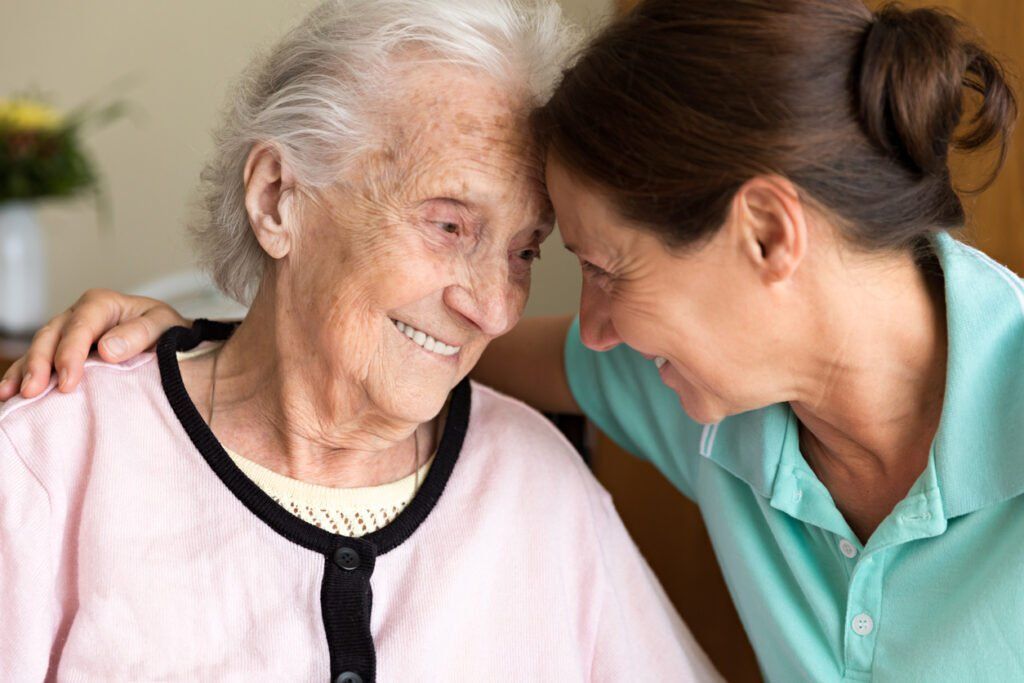
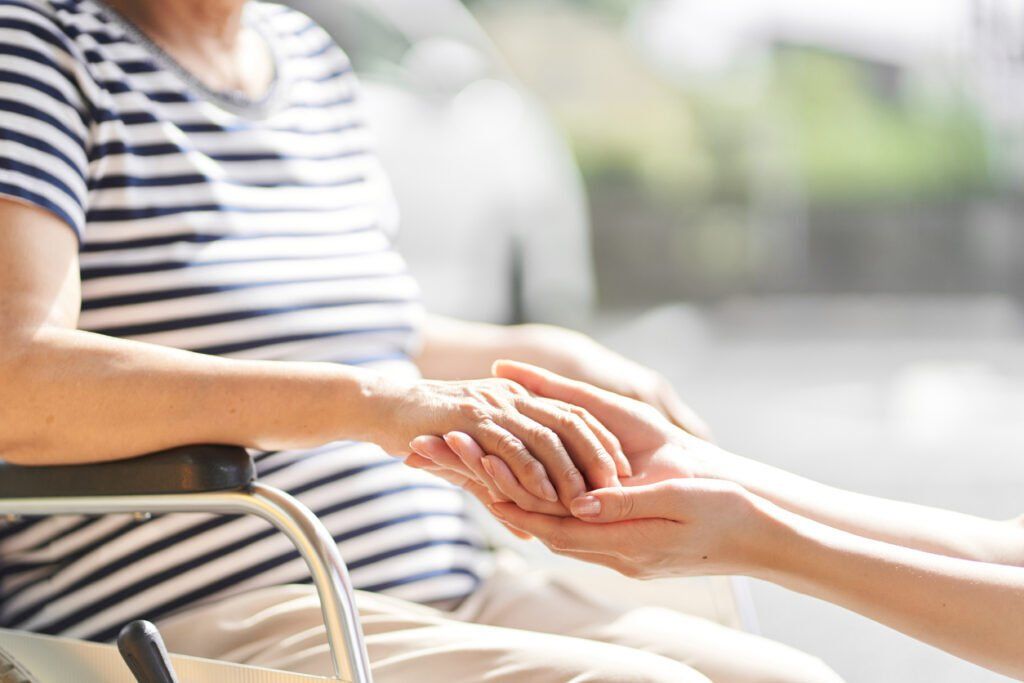
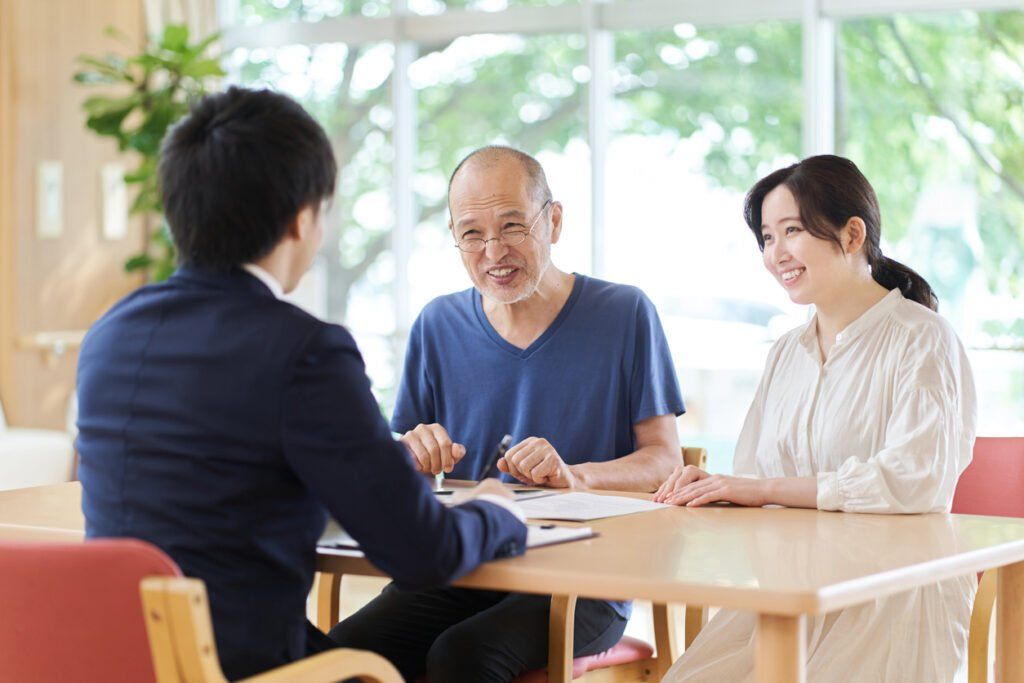
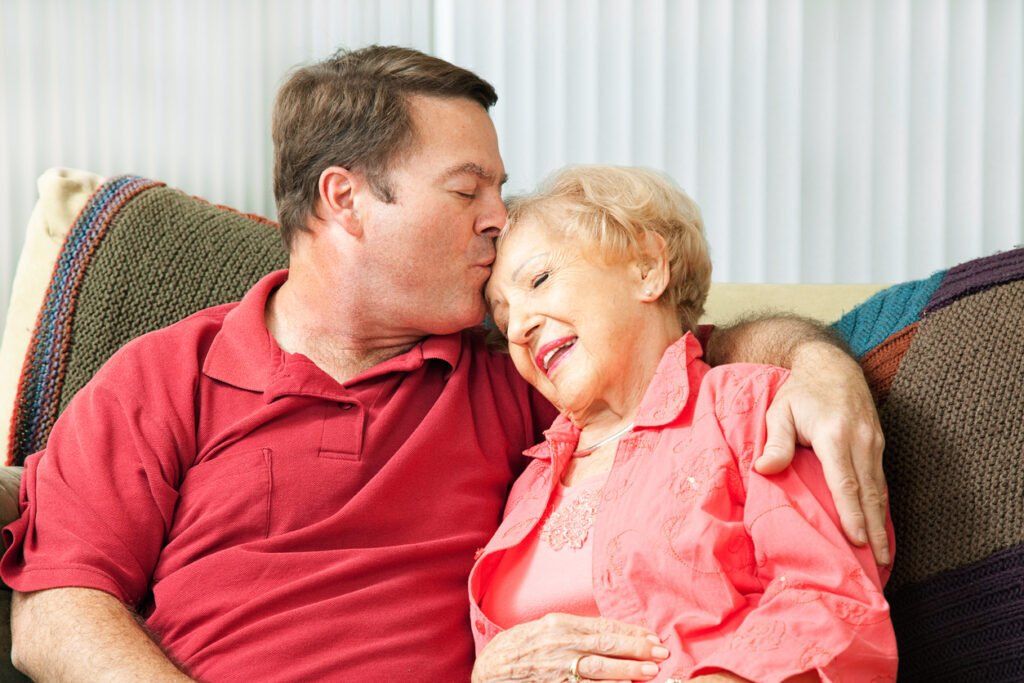
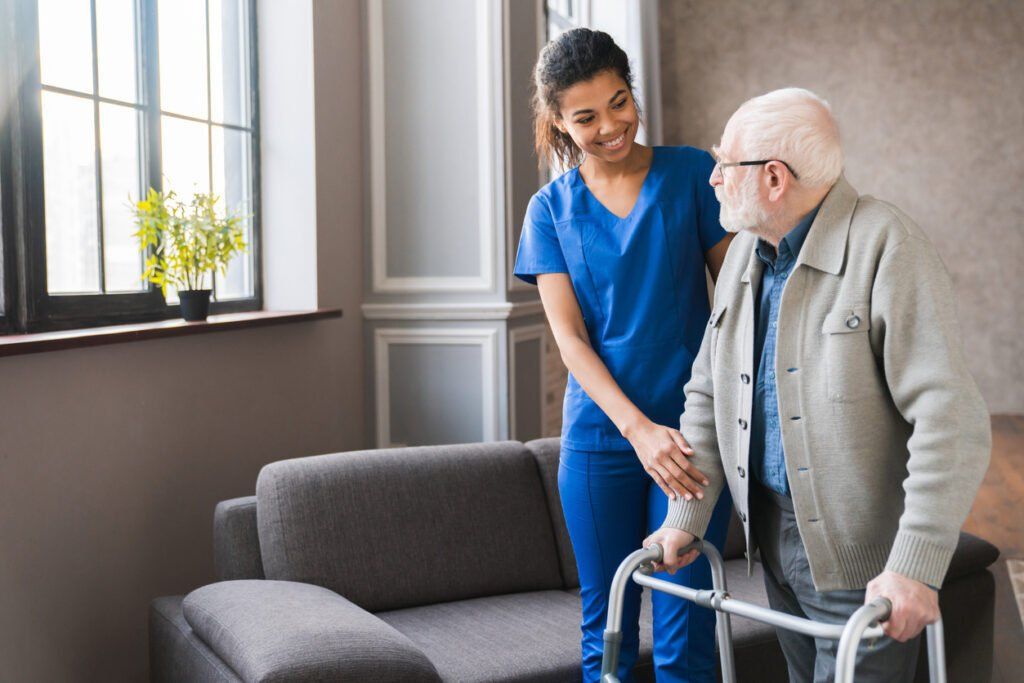
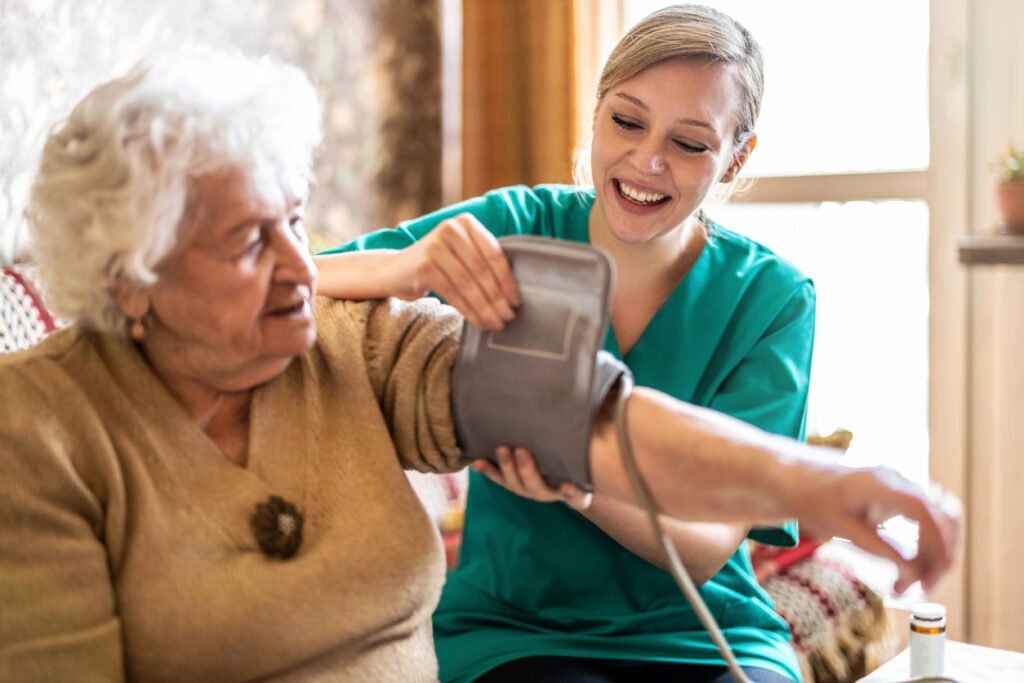
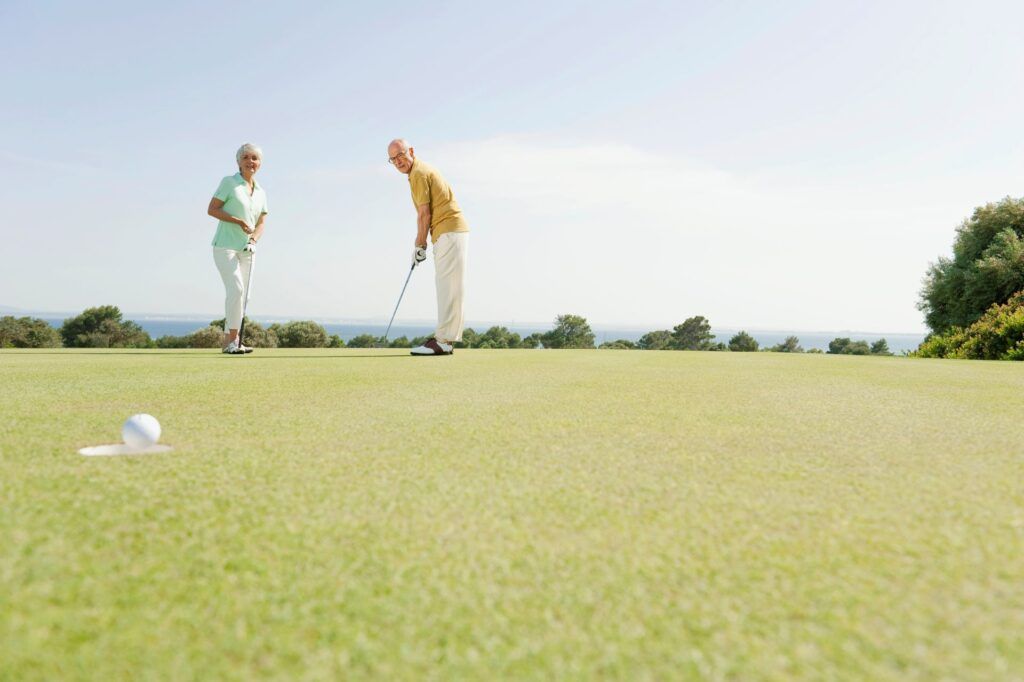
Kansas City Homecare provides caregiver support services for seniors who need assistance with everyday living and want to live in their home. Our visiting caregivers can provide meals, implement health programs, run small errands and assist with light housekeeping. We are your choice for premium in-home care in the Kansas City area.
We serve Kansas City, Leawood, Mission Hills, Lee's Summit, Overland Park, Lenexa and Olathe.


